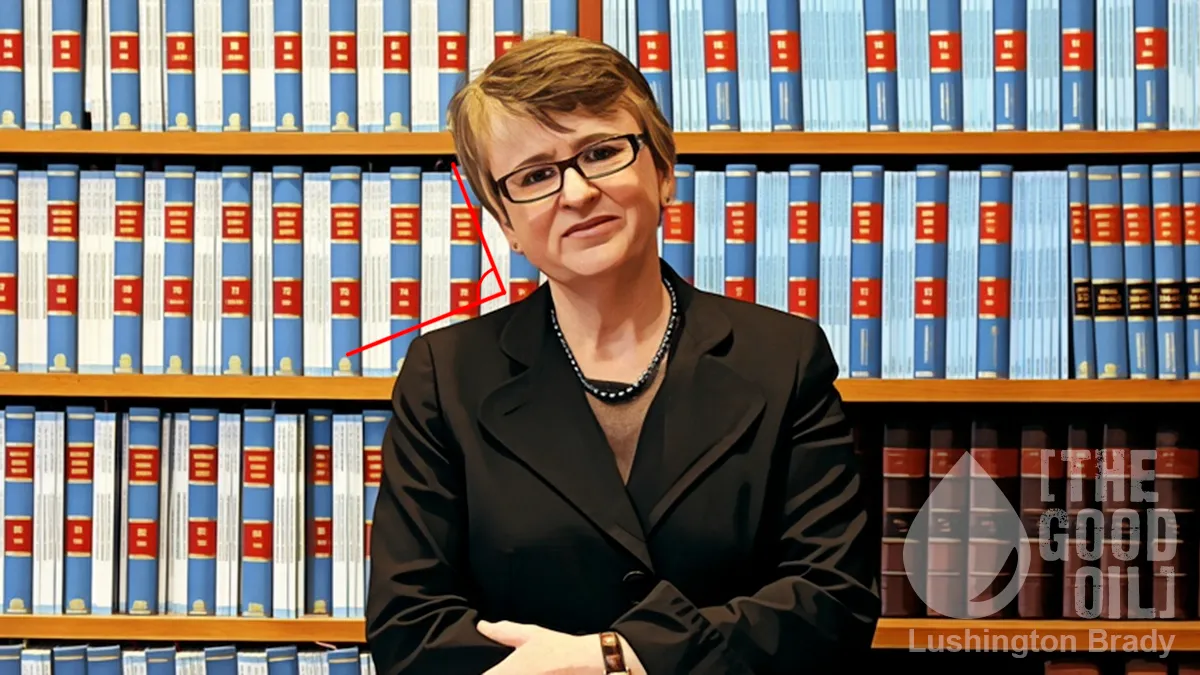Table of Contents
The word for today is…
prognosticate (verb):
1: to foretell from signs or symptoms : predict
2: to give an indication of in advance : foreshadow
Source : Merriam -Webster
Etymology : Prognosticate, which ultimately traces back to the Greek word prognostikos (“knowing beforehand, prescient”), first appears in English during the 15th century. Since that time, prognosticate has been connected with things that foreshadow events to come and with people who can prophesy or predict the future by such signs. Mary Wollstonecraft Shelley used the “prophesy” sense of prognosticate in her Gothic horror novel Frankenstein as Victor Frankenstein writes of his feelings upon approaching Geneva: “I wept like a child. ‘Dear mountains! my own beautiful lake! how do you welcome your wanderer? Your summits are clear; the sky and lake are blue and placid. Is this to prognosticate peace, or to mock at my unhappiness?’” Other English words stitched together from prognostikos that you may be familiar with include the nouns prognostic and prognosis, which also have senses related to foretelling. Prognostic can mean “prophecy,” while prognosis—used often in medical contexts to refer to the prospect of a patient’s recovery—can also mean “forecast.”
If you enjoyed this BFD word of the day please consider sharing it with your friends and, especially, your children.






